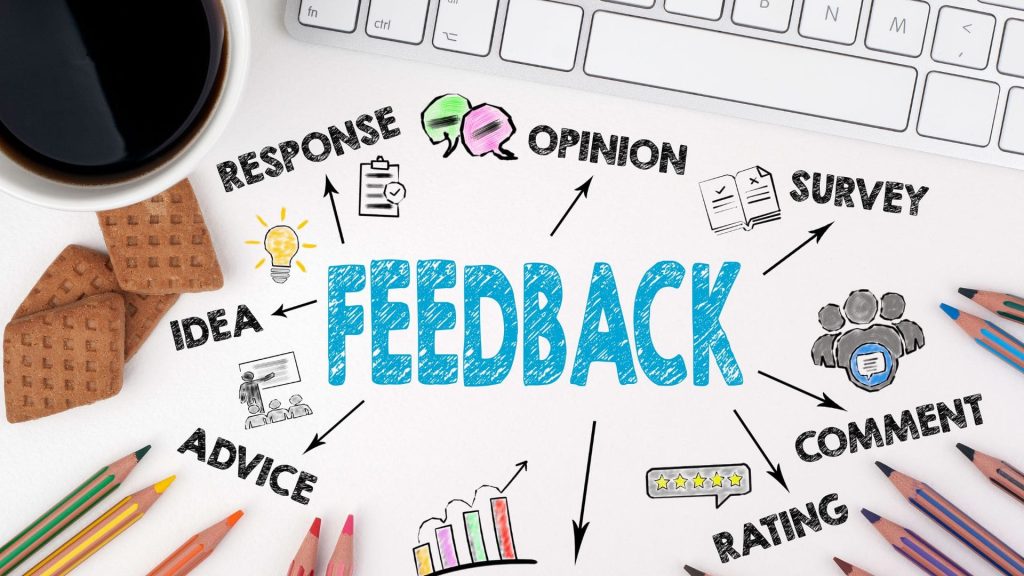
Navigating Founder Imposter Syndrome and Reclaiming Confidence
Do you constantly doubt your success?
Why does it feel like everyone else has it figured out, except you?
78% of surveyed founders feel the same.
Founders are often seen as bold visionaries with a purpose and strong will. But being a founder is not all glitter and gold. Many suffer from imposter syndrome – a persistent fear of being exposed as a fraud despite evident accomplishments.
This psychological challenge isn’t exclusive to any industry or stage of growth; it quietly shadows even the most successful leaders, undermining confidence and decision-making.
Recognizing and addressing imposter syndrome is not just about personal well-being. It is even more important to sustain leadership and successfully share the vision with people who can resonate with it.
In this blog, we will highlight how to recognize imposter sy
Recognizing the Symptoms
Imposter syndrome manifests in several ways, often disguised as common entrepreneurial struggles.
Different personality traits can be a form of Imposter syndrome. Recognizing them is important as this leads to appropriate ways to navigate them.
- Self-doubt
- Fear of Failure
- Perfectionism
Self-doubt can be damaging at different points, whether closing a funding round or presenting a strategy to stakeholders. For founders, this self-doubt isn’t necessarily a one-time issue. It can exceed various other issues, creating more trouble.
Fear of failure is another hallmark of imposter syndrome. Founders operate in high-stakes environments, and while calculated risks are part of the game, the fear of making the wrong move can become paralyzing. This fear can lead to hesitation in decision-making or an overemphasis on seeking external validation, draining focus from strategic goals.
Perfectionism further complicates the picture. Founders often feel the need to overdeliver, setting impossibly high standards for themselves and their teams. While aiming for excellence can drive success, it can also lead to burnout and strained relationships, both personal and professional.
The first step to overcoming imposter syndrome is acknowledging its presence. Founders must recognize that these feelings, though intense, are not uncommon. Self-awareness is the first step towards rebuilding confidence.
Strategies for Overcoming Imposter Syndrome
To navigate and overcome imposter syndrome, founders must actively shift their mindset and adopt practices reinforcing their sense of worth and capability.
1. Seek Mentorship and Support
Mentorship offers an invaluable perspective. Seasoned professionals who have walked a similar path can provide guidance and validation.
Seasoned mentors provide guidance rooted in experience, offering actionable advice and reassurance during moments of self-doubt. Mentors normalize the challenges founders face, share their stories helping in reducing feelings of isolation.
This helps the founders see their strengths more clearly. Trusted mentors offer encouragement during self-doubt and help founders navigate complex challenges.
2. Build a Network
Networking within peer groups can also be transformative. Building a network of peers is equally critical. Engaging with other founders in forums, workshops, or informal gatherings builda a community of like minded people. Conversations within these circles reveal shared experiences, helping to break the misconception that one’s struggles are unique.
This camaraderie fosters resilience and encourages open dialogue, dismantling the stigma around imposter syndrome. Collective wisdom often reveals that even the most confident leaders have faced moments of uncertainty.
3. Reframe Success
Founders often fall into the trap of defining success narrowly – through revenue figures, product launches, or investor milestones. This limited perspective nourishes feelings of inadequacy when goals aren’t met. Reframing success to include intangible victories, such as learning from setbacks or strengthening team cohesion, shifts the narrative.
Similarly, failure must be repositioned as a stepping stone rather than an endpoint. Successful founders analyze missteps as opportunities for growth, refining strategies, and fortifying their skills. This reframing transforms fear of failure into a productive force, allowing founders to approach challenges with confidence and adaptability.
It’s equally important to separate self-worth from business outcomes. Companies may face setbacks, but these do not diminish a founder’s skills or potential. A business failure doesn’t define the individual – it simply marks a learning experience on the journey to future achievements.
3. Adopt Evidence-Based Thinking
Imposter syndrome thrives on distortions of reality. Founders often dismiss their successes as luck or timing while magnifying perceived failures. Countering these thought patterns with evidence-based thinking can dismantle the grip of self-doubt.
For example, founders can maintain a success journal, documenting milestones, positive feedback, and key achievements. Revisiting this log during challenging times reinforces a more balanced perspective. By focusing on tangible accomplishments, founders can combat the distorted narratives that fuel imposter syndrome.
Founders can counter these tendencies by documenting their successes. whether it’s securing a partnership, receiving positive feedback, or achieving operational efficiencies, reviving each past success can save them from present or future imposter syndrome.
Reviewing this evidence during moments of doubt provides a balanced perspective. This shift focus from perceived shortcomings to tangible accomplishments. This practice reinforces the understanding that past successes are not flukes but results of skill and effort.
4. Practice Self-Compassion
Leadership comes with immense pressure, and founders are their harshest critics. Practicing self-compassion – acknowledging flaws without judgment – creates the mental space to address challenges constructively. Instead of fixing shortcomings, founders should focus on what they can control and improve.
Self-care is an essential element of self-compassion. Prioritizing mental and physical well-being enables founders to approach their roles with greater clarity and energy. Simple habits, like setting boundaries, delegating responsibilities, and taking time for reflection, can significantly reduce stress and build resilience.
5. Leverage Professional Development Tools
Founders can benefit from tools that enhance self-awareness, such as personality assessments or executive coaching. These resources provide structured insights into individual strengths and areas for growth, empowering founders to lead with greater confidence.
Additionally, engaging in continuous learning—whether through reading, attending workshops, or pursuing specialized training—reinforces competence and adaptability.
Continuous learning is a powerful antidote to imposter syndrome. Founders can enroll in executive coaching programs or attend leadership development workshops to strengthen their skills and gain fresh perspectives.
These initiatives not only enhance competence but also provide structured feedback, reducing reliance on self-critique.
As founders broaden their knowledge and skills, their confidence in their abilities grows, reducing the hold of imposter syndrome.
6. Reclaiming Confidence for Sustained Success
Overcoming imposter syndrome isn’t only about getting rid of self-doubt; it’s about managing it. Confidence is built through consistent effort, self-awareness, and a willingness to embrace imperfections. Founders who tackle imposter syndrome head-on not only enhance their leadership capabilities but also set a powerful example for their teams.
When founders reclaim their confidence, they position themselves to lead with authenticity and conviction. This confidence becomes a cornerstone for building trust – among employees, investors, and customers alike. It’s a reminder that even in the high-pressure world of entrepreneurship, self-belief is the most valuable asset a founder can possess.
More Articles to Read
Resilience and self-assurance are indispensable for founders navigating the challenges of imposter syndrome. The backbone of effective leadership is the ability to bounce back from setbacks and trust in one’s abilities.
Founders must embrace their unique strengths, recognizing that self-doubt is a natural part of the journey.
With resilience, they can approach uncertainty with determination. Similarly, self-assurance enables leaders to make decisive choices, foster innovation, and inspire team confidence.
Together, these qualities empower founders to turn self-doubt into a stepping stone for long-term success.




